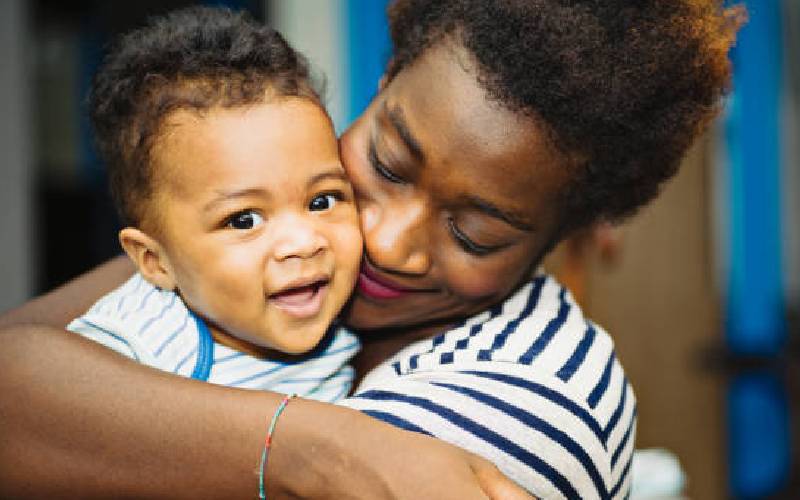×
The Standard e-Paper
Stay Informed, Even Offline

When a baby learns to walk, preventing falls requires constant supervision. [iStock]
Toddlers and young children like to explore, climb, walk, run, and dance. These activities put them at risk of falling or getting injuries.